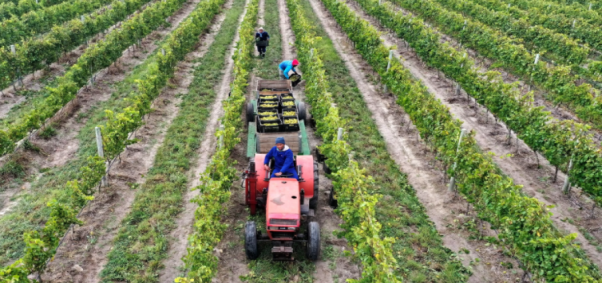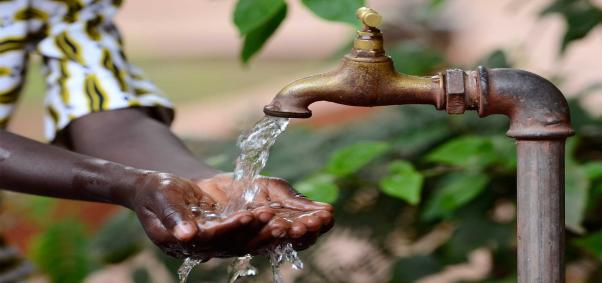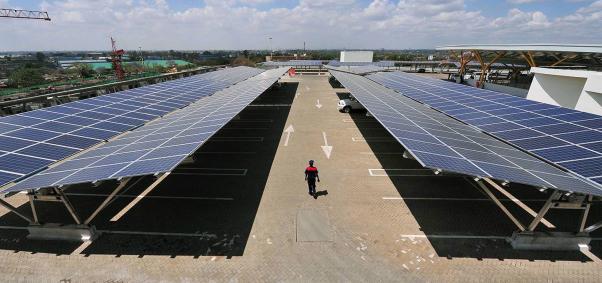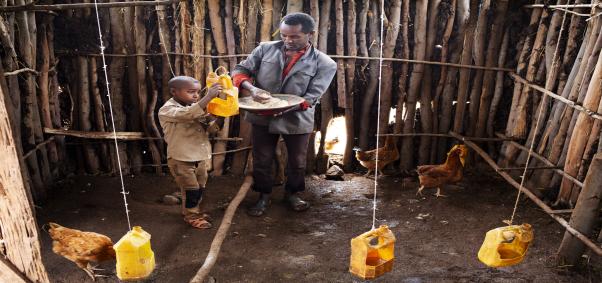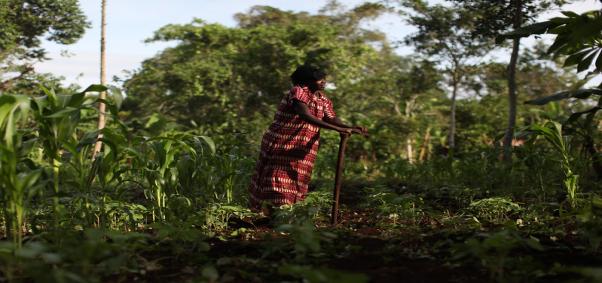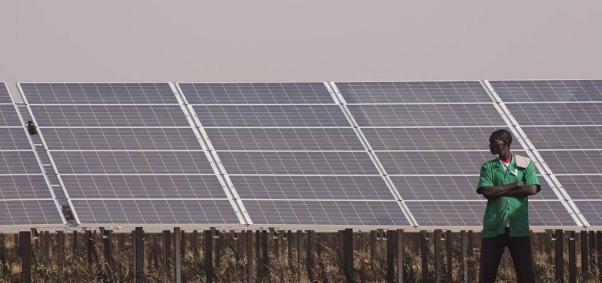
This article was first published in The Guardian.
Africa's impala-like leap into a green industrial economy
Carlos Lopes is a professor at the University of Cape Town and a member of the Global Commission on the Economy and Climate.
Africa faces many economic challenges – but, within them, lie significant opportunities. One is for the continent to leapfrog over the polluting, resource-intensive stage of industrialisation, and transform directly into a low-carbon, climate resilient economy that will deliver jobs and help lift people out of poverty.
Avoiding the well-worn path of industrialisation that runs through decades of increasing, but inefficient, use of energy and water resources, is undoubtedly attractive. But how does an entire continent pull off such an agile manoeuvre? As with all big ideas, it will take a vision and a plan. The good news is that many African leaders share this vision and determination – and that there is a way to realise it.
First, Africa needs to shift from a low-productivity agricultural economy, to a high-productivity manufacturing one. This is a lofty goal that, in no small part, relies on the removal of barriers to investment, but the rewards are potentially great. Across Africa, manufacturing employment remains low: most of our people are working in agriculture. A robust manufacturing economy – in which new technologies are not only built but invented in Africa – would open up global markets and create millions more jobs, particularly for low and semi-skilled workers, youth, and women. These will be needed, since more than 450 million new workers are expected to enter the African labour market by 2035.
Second, we need economic growth that protects Africa’s natural environment, and the Earth’s global commons, in ways that increase the welfare of today’s and tomorrow’s citizens, and create new opportunities for development. Without green growth, Africa – already expected to be the region worst affected by climate change – will be even more vulnerable to its impacts. In practice, that means more efficient use of water and energy, the adoption of cleaner technologies, and governments fostering new paths for structural transformation.
Third, and equally important, we need the innovation and risk-taking of Africa’s entrepreneurs. They lead small, gazelle-like businesses that are dynamic and quick, with high productivity and potential for rapid growth. Entrepreneurs can thrive in small-scale clean energy industries, such as household solar, clean stoves, waste management and sanitation.
Together, economic transformation, green growth and entrepreneurship can propel Africa’s leap into a green industrial revolution. If the continent collectively orchestrates this effort, global conditions are ripe for this transformation to take hold.
Green technology is progressing and its costs are falling every day. Global green markets are growing at a breathtaking pace, trading everything from wind turbines to organic fertilisers. In 2016, the world invested $241.6bn (£183.5bn) in renewable energy, double the amount in fossil fuel investment. “Industries without smokestacks”, such as ecotourism and remote IT support, are burgeoning – bringing the economic advantages of manufacturing without the environmental costs.
Africa has vast clean energy resources that can take a lead in the global renewable energy market. It has some of the best biomass, geothermal, hydropower wind and solar resources in the world and we have only just scratched the surface of our full potential. The already unprecedented pace of innovation is evidenced by a rapid growth of pay-as-you-go solar home systems linked to mobile payment technology. More than 450,000 such systems have been deployed in east Africa alone, and some 60 million Africans may already may be using off-grid renewable electricity of some kind.
This is not a futuristic vision, but a description of a future that is already here. Safi Sana, a Ghanaian company that builds public toilets in urban slums and turns the waste into energy, is just one example of this. It is opening a new factory that will provide sanitation for 125,000 people and green power for 7,500. Raymond Ategbi Okrofu, its country manager for Ghana says: “The benefits of this project are not just electricity: you have sanitation, agriculture, job creation and others.” The company’s model can be scaled or replicated in various parts of the country making it part of the solution for the 700 million people currently lacking access to improved sanitary facilities worldwide.
Many policy directives and incentives are needed to foster this transformation. Amongst them are: adopting green urban policies to promote compact, connected, and coordinated cities; strengthening “export push” policies, including support for green exports by identifying markets and improving certification and standards; and investing in sustainable infrastructure and increased infrastructure efficiency.
If we get the policies right, we can have fuel-efficient stoves in every village, dynamic industries built on recycled inputs, and urban sanitation that provides clean power for all. Africa is already growing, and fast. Whether it can grow based on a sustainable, inclusive economy depends upon whether we can harness this change and propel ourselves into green industrial revolution. It’s time for us to leap like an impala, into the future.

